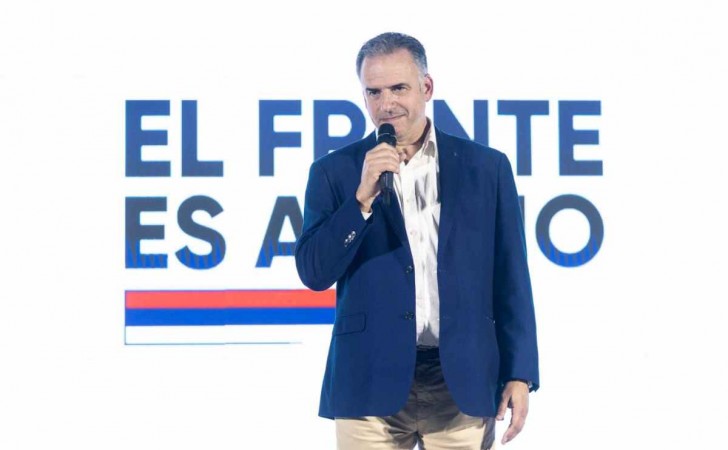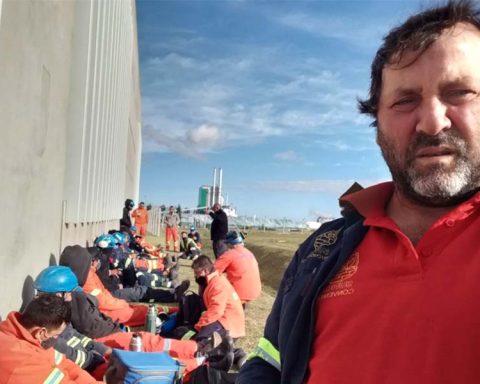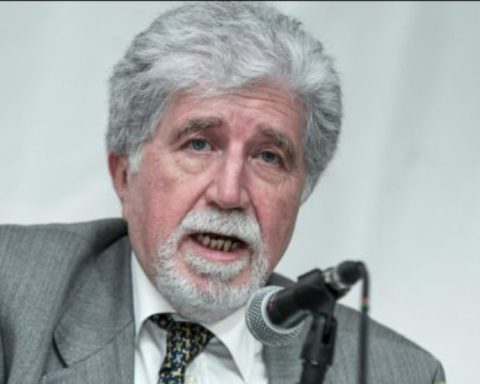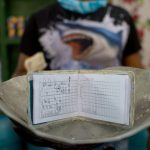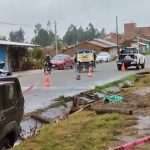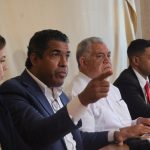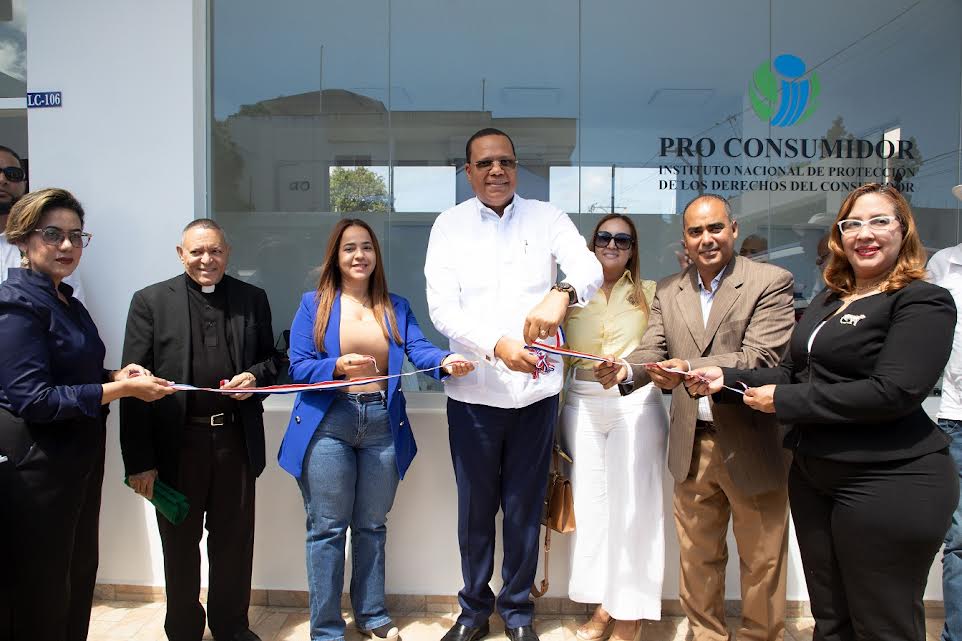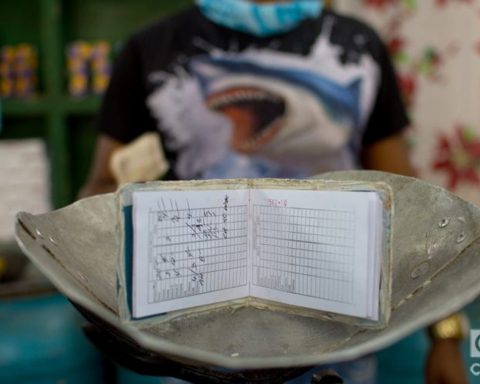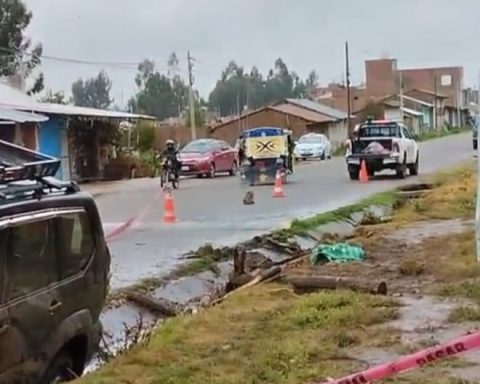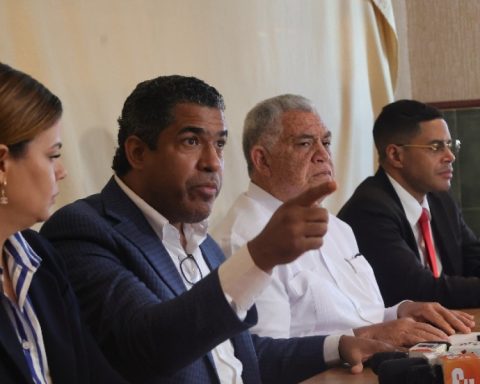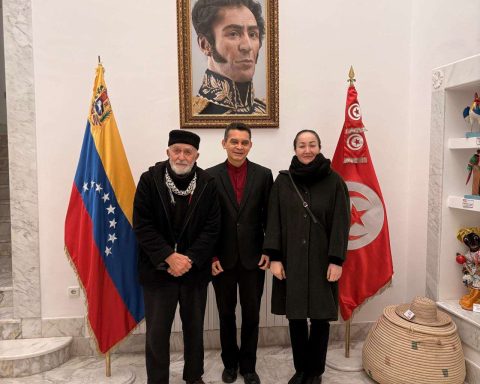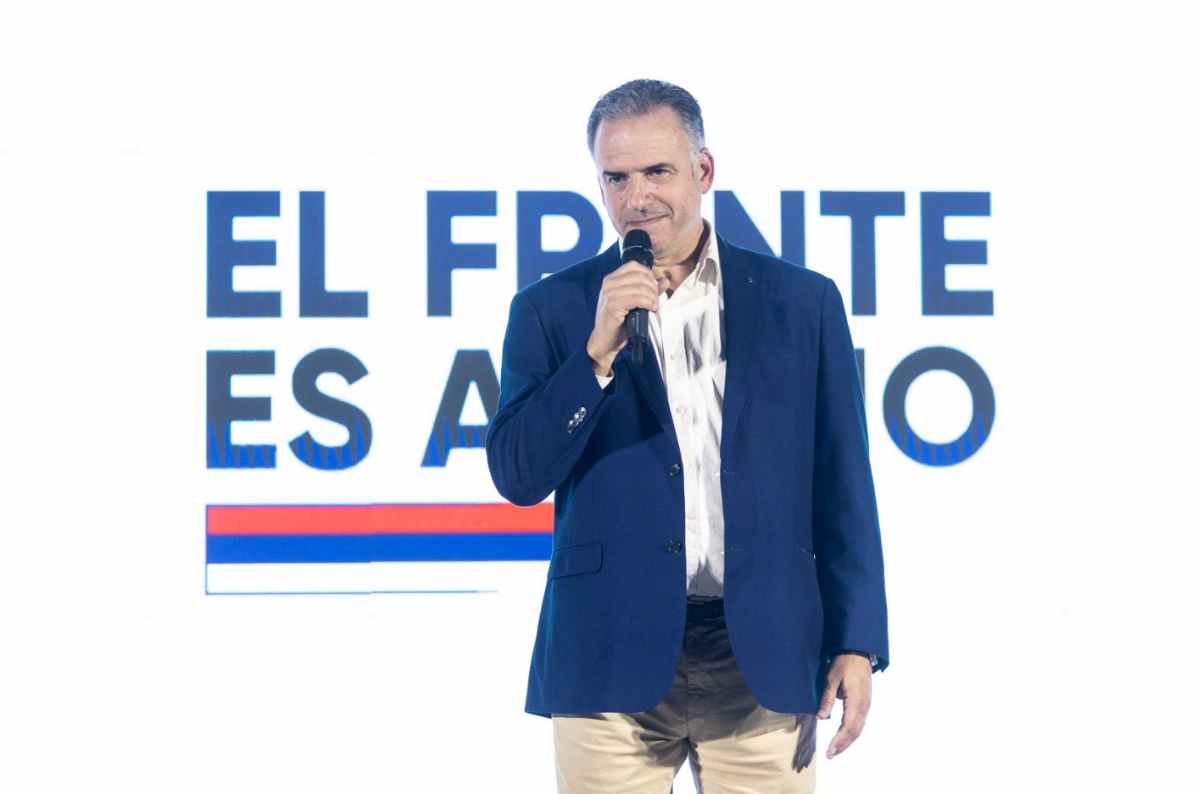
During a political campaign marked by criticism and promises, the presidential candidate of the Frente Amplio, Yamandú Orsi, has launched harsh accusations against the acting government. From Melo, Orsi has pointed out the failure to fulfill commitments made during the last electoral campaign, particularly regarding people with disabilities: “Four years have passed, nothing has happened.”
Orsi’s main criticism focused on the unfulfilled promises related to the creation of a Department of Disability and free access to transportation for people with disabilities. “If it weren’t for the municipalities that do it, the Ministry of Transportation, the National Government would continue to go around in circles to see how to make it happen. Don’t be surprised if it could appear in the next few days,” Orsi pointed out, reflecting a clear frustration with the current state of these promises.
Promises and plans for the future
Orsi’s speech was not limited to criticizing the current government, but also presented a vision for a future in which commitments are fulfilled from the beginning of the mandate: “We cannot do that with the people. We are going to govern for 5 years, not just the last year.” This emphasis on continuous management seeks to differentiate his coalition as an alternative committed to fulfilling its promises.
On the other hand, Carolina Cosse, vice-presidential candidate for the same coalition, added another dimension to the debate by stressing the importance of caring for the country’s natural resources. Cosse highlighted the need for a “country of principles, that cares for its territory,” and placed special emphasis on water as an essential resource. “To care, you have to know. You have to know and you have to recognize,” she said, painting a picture of a long-term commitment to sustainability.
The current situation of access and resources
The role played by the municipalities has become crucial in the context of the national government’s failure to keep its promises. Local authorities have attempted to fill the gaps left by the central administration in the implementation of initiatives for people with disabilities. However, bureaucratic resistance at certain levels has slowed down these processes, as Orsi describes.
Meanwhile, the water issue is emerging as a central theme in the political debate. In a country where water resources represent not only an environmental issue but also an economic and social one, Cosse’s call for stricter protections reflects a growing concern among citizens and political leaders.
